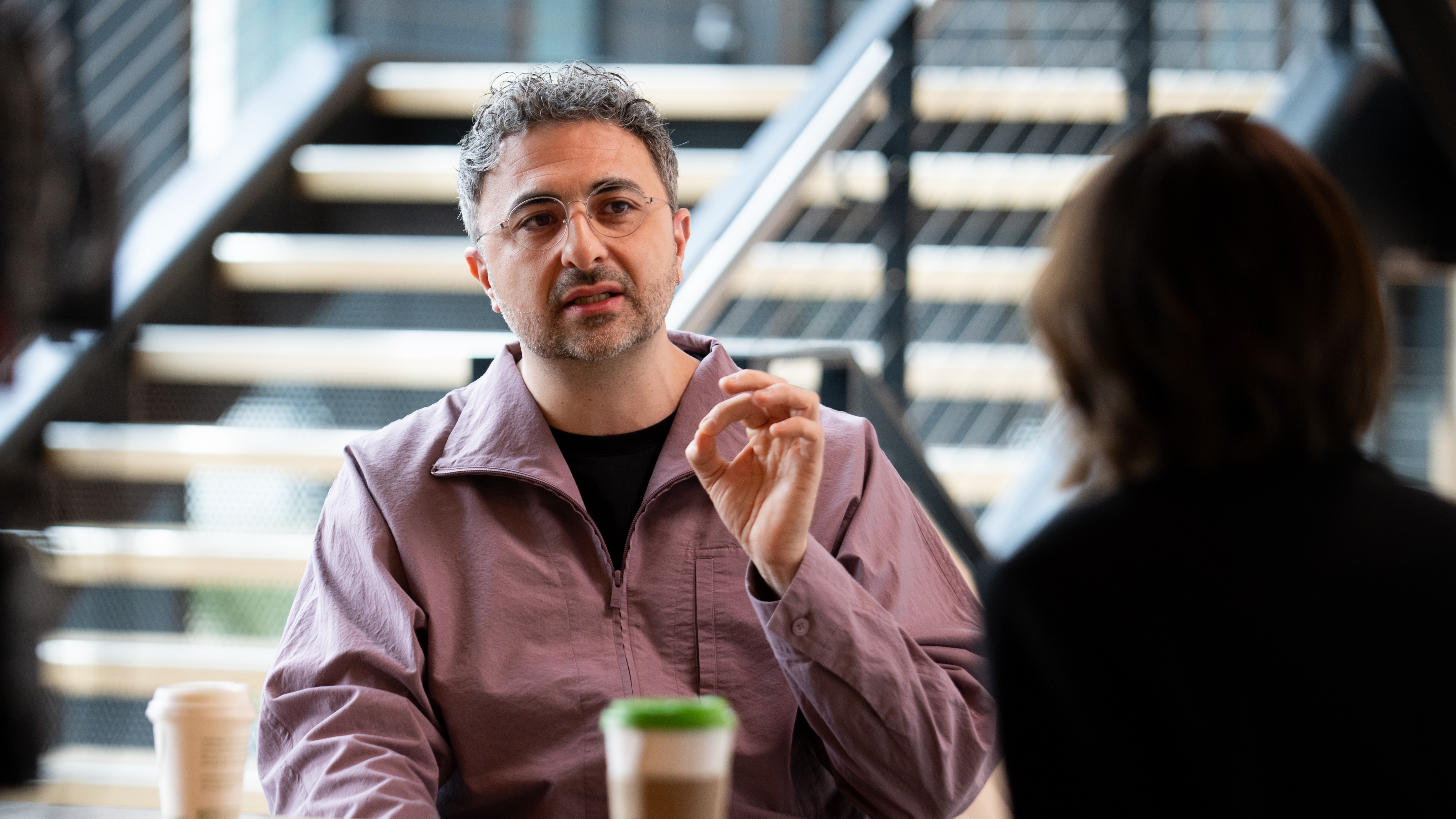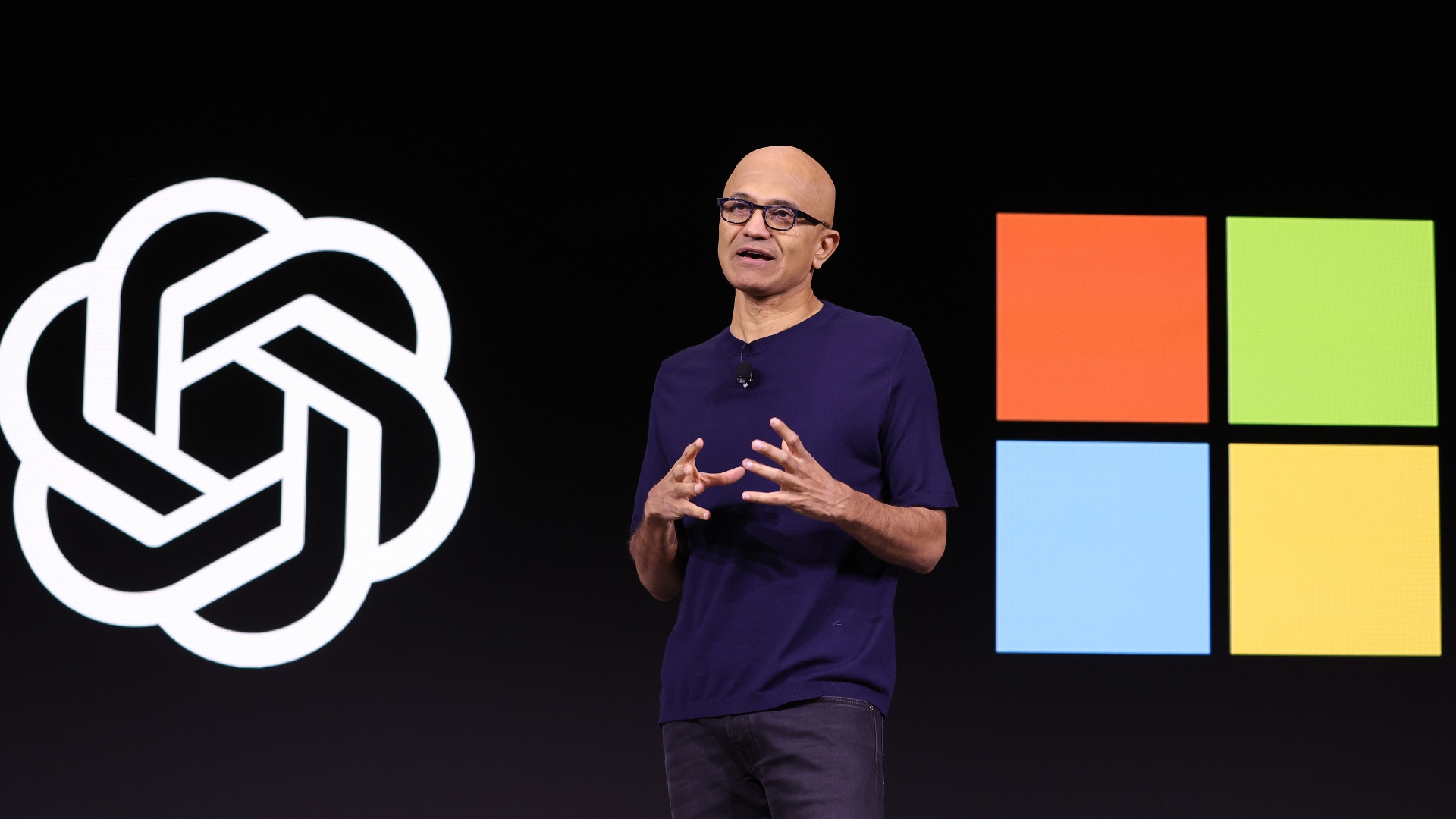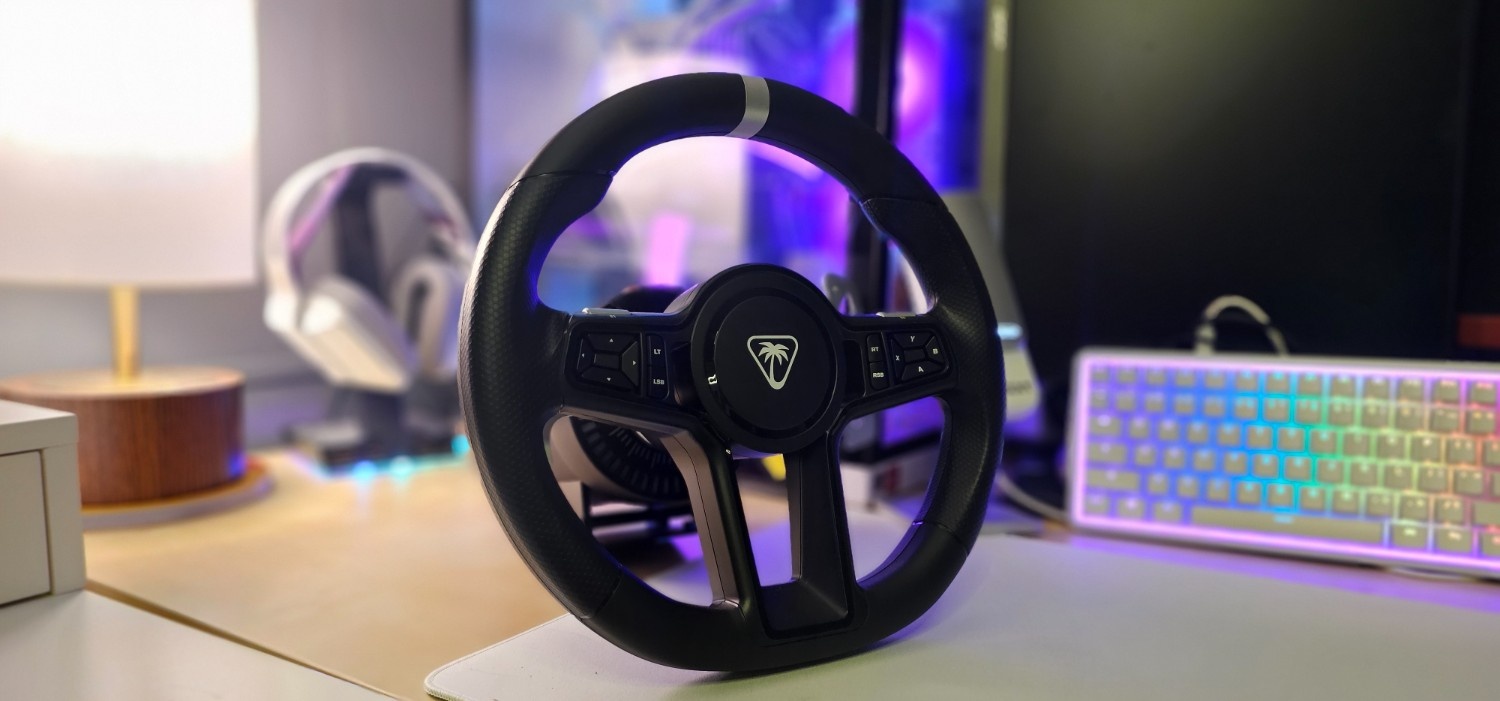Microsoft's new AI can be 4x more accurate and 20% cheaper than human doctors — Mustafa Suleyman calls it "a genuine step toward medical superintelligence"
Satya Nadella's vision to deliver real-life change using AI might have just manifested through the company's latest AI health system.

All the latest news, reviews, and guides for Windows and Xbox diehards.
You are now subscribed
Your newsletter sign-up was successful
With the rapid emergence and prevalence of generative AI, job security remains a top concern for most professionals, aside from security and privacy. As the technology becomes more advanced, it's becoming more apparent that it could take over some jobs.
Salesforce CEO Marc Benioff recently revealed that the company is using AI to automate up to 50% of its work. As you might already know, the executive indicated that the company was "seriously debating" hiring software engineers in 2025, citing "incredible productivity gains" from agentic AIs.
As it now seems, medicine could be on AI's chopping block. This is after Microsoft recently claimed that its new powerful AI-powered tool can diagnose diseases up to four times more accurately than a human doctor (via WIRED).
Accuracy isn't the only perk Microsoft's new AI health tool brings to the table. It is also significantly cheaper compared to the standard fee you would incur when visiting a health practitioner.
Microsoft's AI CEO, Mustafa Suleyman, says the tool is “a genuine step toward medical superintelligence.”
The tech giant used 304 case studies from the New England Journal of Medicine to come up with a test called the Sequential Diagnosis Benchmark, which it used to assess the AI tool's capabilities. It managed to break down the case studies, step-by-step, like a real doctor, before reaching a conclusive diagnosis.
Microsoft's researchers developed a system dubbed the MAI Diagnostic Orchestrator (MAI-DxO), which relies on multiple models, including OpenAI’s GPT, Google’s Gemini, Anthropic’s Claude, Meta’s Llama, and xAI’s Grok when handling queries. The concept behind this was to simulate a real-world scenario where multiple experts, in this case, doctors, are working together.
All the latest news, reviews, and guides for Windows and Xbox diehards.
Perhaps more interestingly, the system outperformed human doctors by a whopping 80% while doctors only managed to score a mere 20%. It's also worth noting that the system reduced the overall cost for the service by 20% by opting for cost-friendly procedures and tests.
In their experiment, MAI-DxO outperformed human doctors, achieving an accuracy of 80 percent compared to the doctors’ 20 percent. It also reduced costs by 20 percent by selecting less expensive tests and procedures.
This orchestration mechanism—multiple agents that work together in this chain-of-debate style—that's what's going to drive us closer to medical superintelligence,
Microsoft AI CEO, Mustafa Suleyman
To that end, it is unclear if Microsoft will ship the tool to broad availability for public use. However, a source with close affiliations to the company revealed that it is planning to integrate the tool into Bing, making it easier for users to get an accurate diagnosis when they are affected by health issues.
David Sontag, a scientist at MIT, calls Microsoft's new AI health system exciting but warns that the findings should be treated with caution, as the doctors who took part in the study were told not to use any additional tools. The scientist further indicated that this might not be a direct representation of a real-life experience.
Satya Nadella's AI dream is taking good shape
In May, I reported about Microsoft's CEO Satya Nadella and OpenAI's CEO Sam Altman's visions for an AI-driven world, and interestingly, both executives have seemingly shifted their focus from achieving the coveted AGI (artificial general intelligence) benchmark.
For Altman, his focus was more on a self-replicating spaceship. However, Satya Nadella has previously been quoted as branding AGI as "nonsensical benchmark hacking." The executive is seemingly more concerned about driving real-world impact using AI than anything else.
Elsewhere, Microsoft's multi-billion-dollar partnership with OpenAI could be in the crosshairs amid mounting pressure from investors to evolve into a for-profit venture. A separate report suggested that the ChatGPT maker could prematurely declare AGI to sever its ties with the tech giant.

Kevin Okemwa is a seasoned tech journalist based in Nairobi, Kenya with lots of experience covering the latest trends and developments in the industry at Windows Central. With a passion for innovation and a keen eye for detail, he has written for leading publications such as OnMSFT, MakeUseOf, and Windows Report, providing insightful analysis and breaking news on everything revolving around the Microsoft ecosystem. While AFK and not busy following the ever-emerging trends in tech, you can find him exploring the world or listening to music.
You must confirm your public display name before commenting
Please logout and then login again, you will then be prompted to enter your display name.

